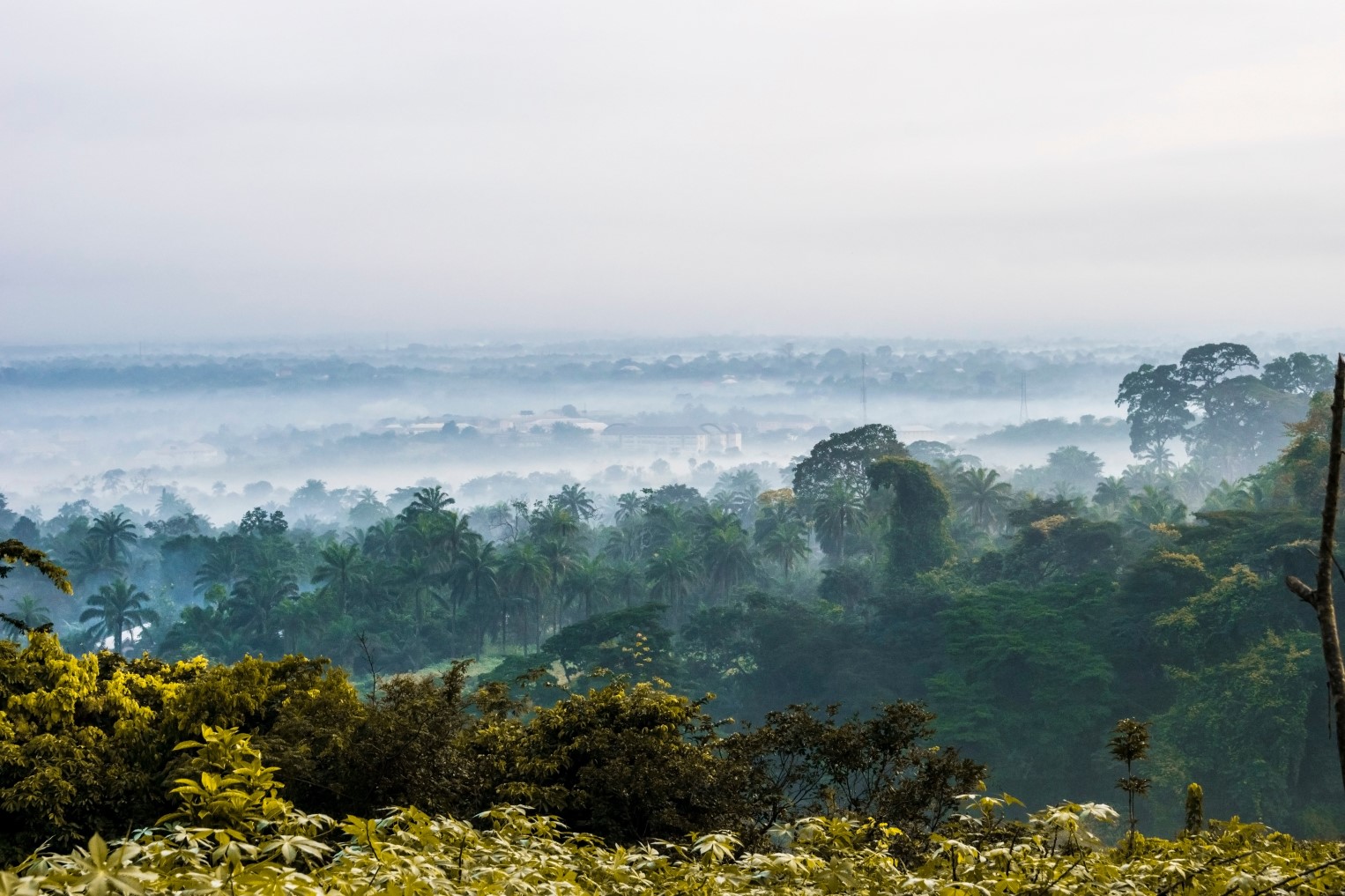From the Explorers Against Extinction Travel Writing competition, Anyanime Linus Fidelis tells of this rare primate in Western Africa and its battle, and its right, to survive.
If lives have duplicate, we wouldn’t have so frowned at such a menace as the extinction of super species which had left us void of desirable superspecies of animals and plants. With starling statistics of astronomical rise in the percentage of harmful human activities like hunting and wanton destruction of habitats, an urgent need of strategic enforcement of rules to ensure a world without the extinction of superspecies couldn’t have come at such a better time as now.
Having my attention focused on one of the most endangered super species’ primates in Africa called Sclateri’s guenon, my curiosity drove me to embark on a journey to the only place in the world where these superspecies are found. The place is the rainforest zone which cuts across hectares of land with thick forest. My choice destination was Itam, a distinct clan located in Akwa Ibom State, Niger Delta region, South-South, Nigeria.
Methinks of the huge positive economic importance of these superspecies, is mind-blowing. Sadly, they have a disturbing near-to-extinction population. Worst of all is that Sclateri’s guenon is not found anywhere else in the entire world. This makes its rarity very cumbersome, as it journeys on the speed lane to fast extinction. Perhaps, all these make aggregate to make them one of the world’s rarest animals.
Going by their specific name Cercopithecus sclateri, I was readily attracted to this very colourful superspecies’ monkeys. With a gray colour and pattern-like tinges on their backs, no one wouldn’t love to also admire their long brightly-coloured red tail located on its upper area crystalizing with the black coloured lower end of the tail. What a joy to behold the beauty of these superspecies of monkeys! At last, they broke the age-long notion – the notion that has been in motion among humans that, monkeys are ugly. These superspecies aren’t; and this is emphatically true! As if this beauty is not alluring enough, the cheek patches and crown are adorned with a bright yellow colour blended with black. Perhaps, one of the most conspicuous are the white tufts that align the ears, creamy white nose spot and large white patch that adorn the throat. How more beautiful should a monkey be to be ecotourism valuable and enviable? Certainly, not more than this!
Agreed that in some communities in Itam there is a law against hunting of these monkeys; those laws however, are strikingly deficient as they do not restrict the destruction of their natural habitats by humans. Plus that, the body involved did not map out large portions of this forest as conservation areas for these monkeys.
Being ecotourists’ delight, there is no telling the steady but massive incomes that would accrue in millions of dollars into the purses of government and the human beings living in that habitat, if conservation plan is sped up and ably utilized. Such huge income could liberate the inhabitants of this region from abject poverty to object prosperity.
With its distinctive cheek pouches’ facial characteristics, dispersing seeds across the rainforest zone has been easier. Consequently, they cause and speed up afforestation rather effortlessly thereby repairing their destroyed habitat caused by man’s destructive activities in a bid to eke out a living.
Unarguably, “safer superspecies, fuller lives,” should now be a popular slogan to be chirped reverberatingly across this rainforest zone that inhabits these superspecies’ monkeys. Their presence in this their own natural habitat encourages healthy living in the lives of these primates.
More so, and interestingly too, is their afforestation-end-result feeding habit that helps balance the ecosystem thereby preventing climate change (one of the biggest challenges facing our world today)
Nothing equates prosperity in its entirety like a fuller life. A world such as ours that has been ravaged by increase destructive human activities for want of good livelihood is heading for an abysmal collapse if urgent steps of protecting the super species vis-à-vis their habitat, are not fully enforced with the spontaneity of an alarm clock buzzer. It’s high time we stopped indiscriminate hunting and wanton destruction of habitats especially those inhabited by super species such as Cercopithecus sclateri if we must enjoy our world to the fullest. All hands must be on deck to create the world of our dreams which ultimately consists of Sclateri’s guenon – our lively super species for our own super living, so that our world would be without extinction of these superspecies of positive economic importance repute.

